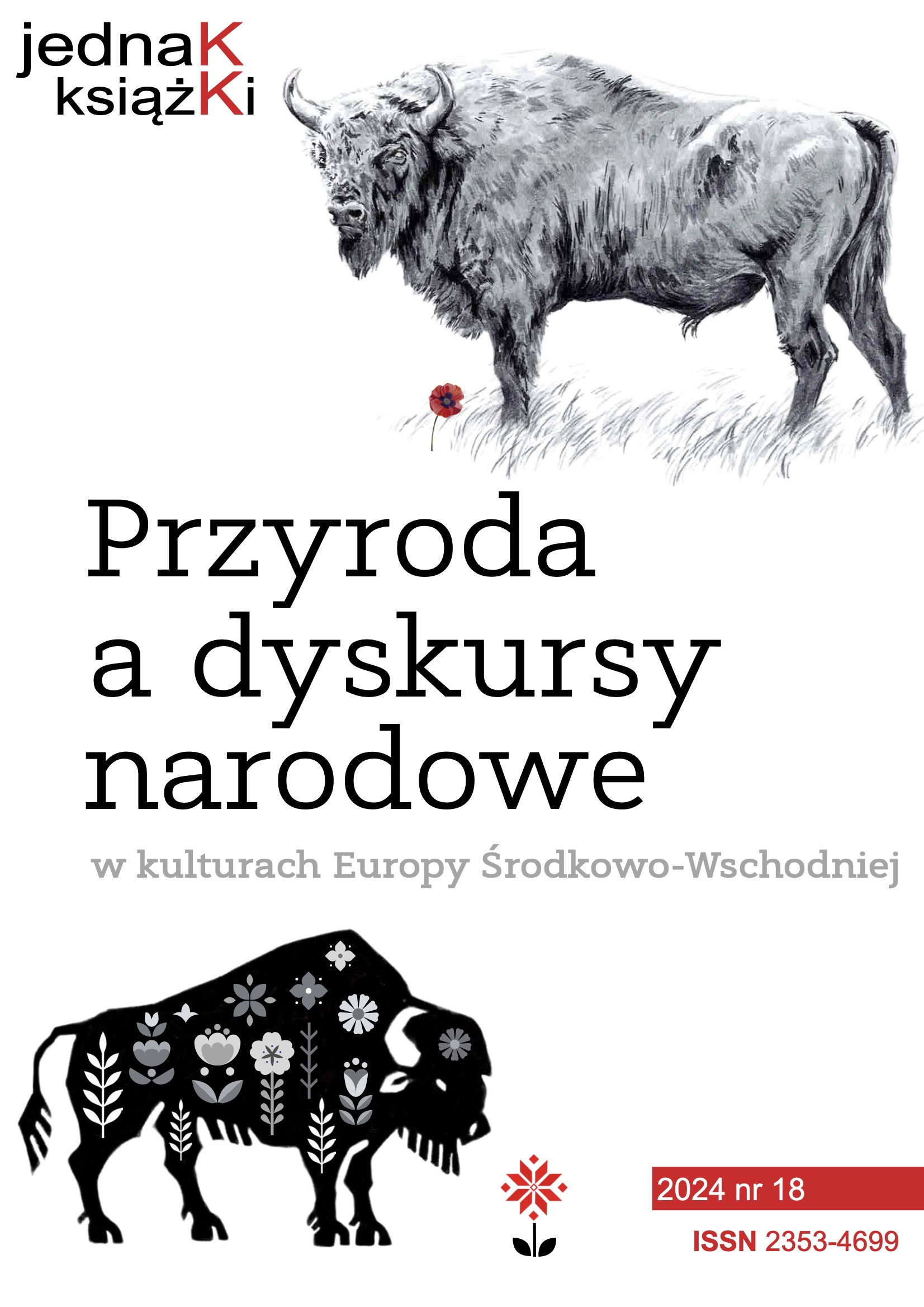Stracona/ocalona. O Stanisławie Przybyszewskiej
DOI:
https://doi.org/10.26881/jk.2024.18.13Słowa kluczowe:
Stanisława Przybyszewska, Aniela Pająkówna, Stanisław Przybyszewski, traumaAbstrakt
The article “Lost/Saved. On Stanisława Przybyszewska” attempts to elucidate the significance of trauma in the life and work of Stanisława Przybyszewska. The researcher, in a polemic with the assertions of Prof. Gabriela Matuszek-Stec (who does not perceive the negative role of the writer Stanisław Przybyszewski in the life of his daughter Stanisława Przybyszewska), first interprets the biographies Stanisława Przybyszewska’s parents — demonstrating how strongly and destructively they were constructed upon highly sexualized conceptions of life possibilities and gender roles. As a result of modernist patterns and practices, Stanisław Przybyszewski could exploit people, especially mistresses, as he pleased, while it was very difficult for his daughter (Stanisława Przybyszewska) and her mother (Aniela Pająkówna), to resist acts of symbolic and literal patriarchal violence. In the case of Stanisława Przybyszewska the author of the article also demonstrates the harmful influence of Helena Pawlikowska, the patron, on the fate of the artist.
The article attempts to show how the experiences of the mother and father further influenced the life and work of Stanisława Przybyszewska. Especially the father, perhaps engaging in incestuous abuse, had a tremendous impact on both the self-destructive nature of his daughter's life decisions and the most important matters in her works - the problem of the character and scale of interdependence among people and the multi-faceted issue of power.
Downloads
Bibliografia
Brandt M., „«Czujesz się skreślona i chcesz się ocalić». Powieść autobiograficzna Stanisławy Przybyszewskiej Studium Realistyczne”, w: Dwudziestolecie mniej znane. O kobietach piszących w latach 1918—1939. Z antologią, red. E. Graczyk, M. Graban-Pomirska, K. Cierzan, P. Biczkowska, Kraków 2011.
Graczyk E., Ćma. O Stanisławie Przybyszewskiej, Warszawa 1994.
Kaszuba-Dębska A., Przybyszewska/Pająkówna. Głuchy krzyk, Warszawa 2023.
van der Kolk B., Strach Ucieleśniony. Mózg, umysł i ciało w terapii traumy, tłum. M. Załoga, Warszawa 2022.
Kolińska K., Córka smutnego szatana, Warszawa 1993.
Rogacki H.I., Żywot Przybyszewskiego, Warszawa 1987.
Ruppert F., Symbioza i autonomia. Trauma symbiotyczna i miłość wolna od uwikłań, tłum. A. Lehrke, Warszawa 2020.
Rynduch Z., w: „Punkt. Almanach gdańskich środowisk twórczych”, Gdańsk, nr 8/1979.
Tauschinski O.J., w: „Punkt. Almanach gdańskich środowisk twórczych”, Gdańsk, nr 8/1979.
Zechenter W., Upływa szybko życie, Kraków 1975.

 Uniwersyteckie Czasopisma Naukowe
Uniwersyteckie Czasopisma Naukowe





